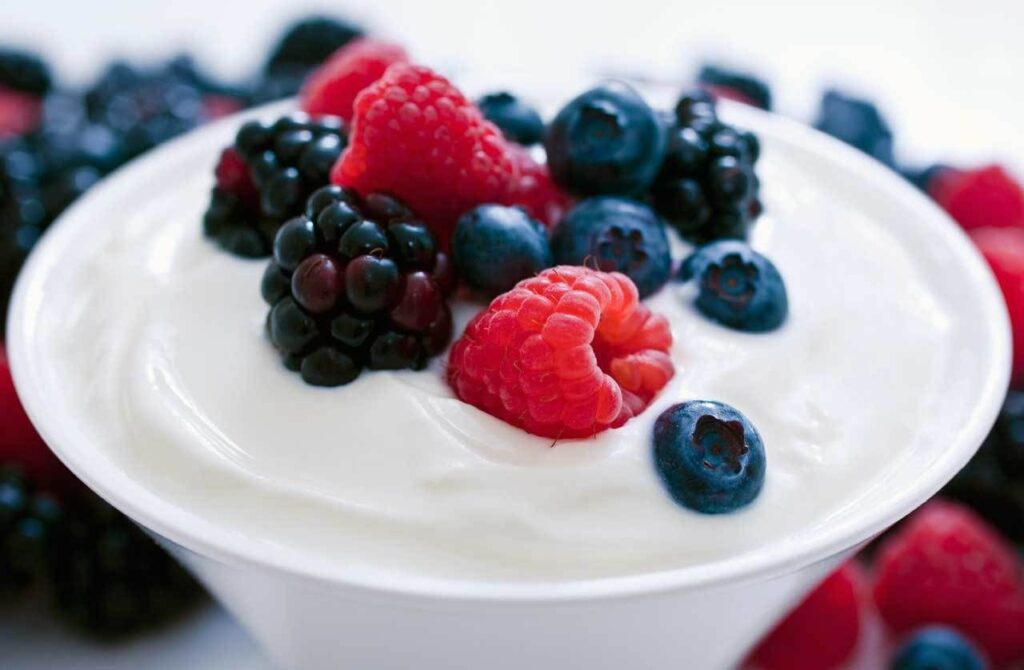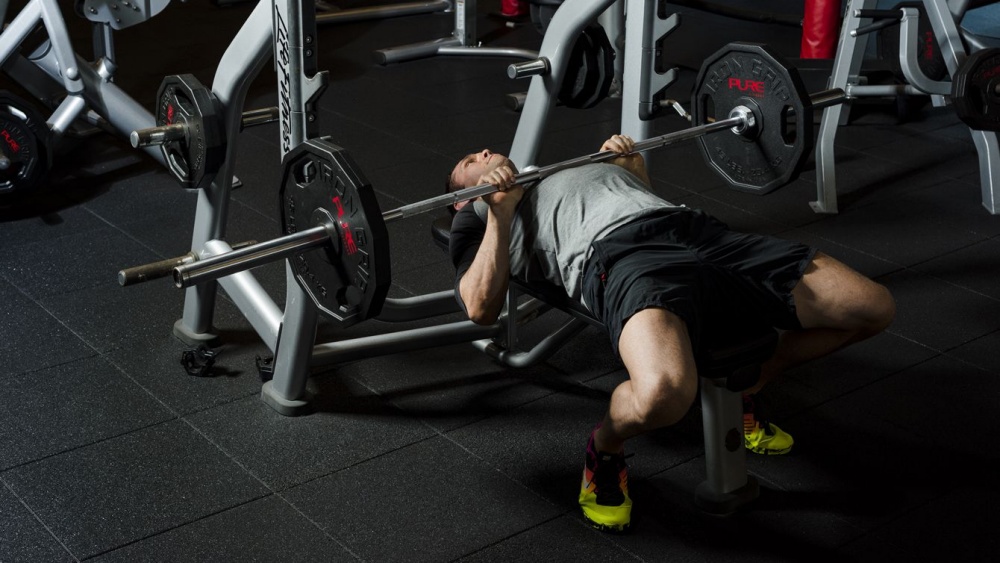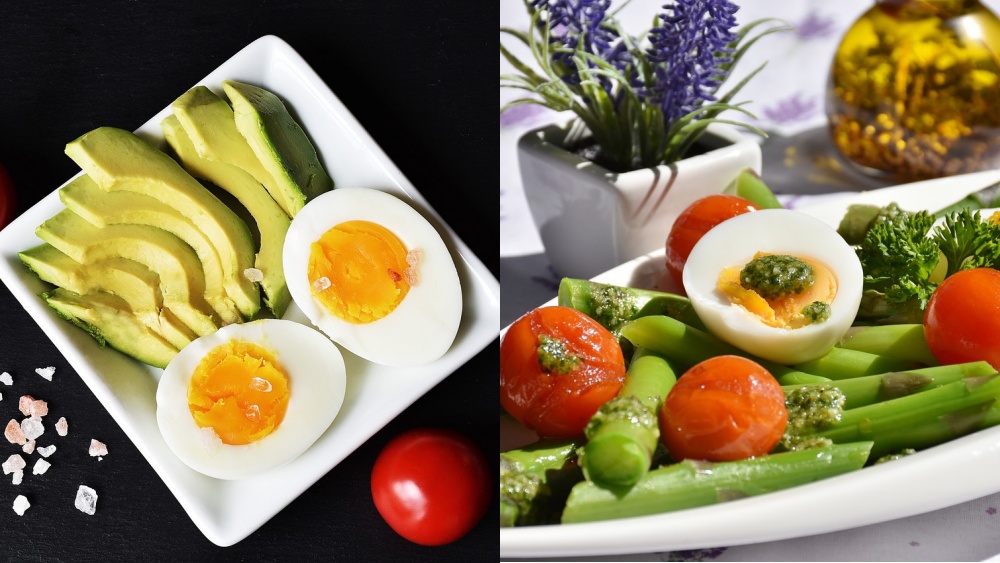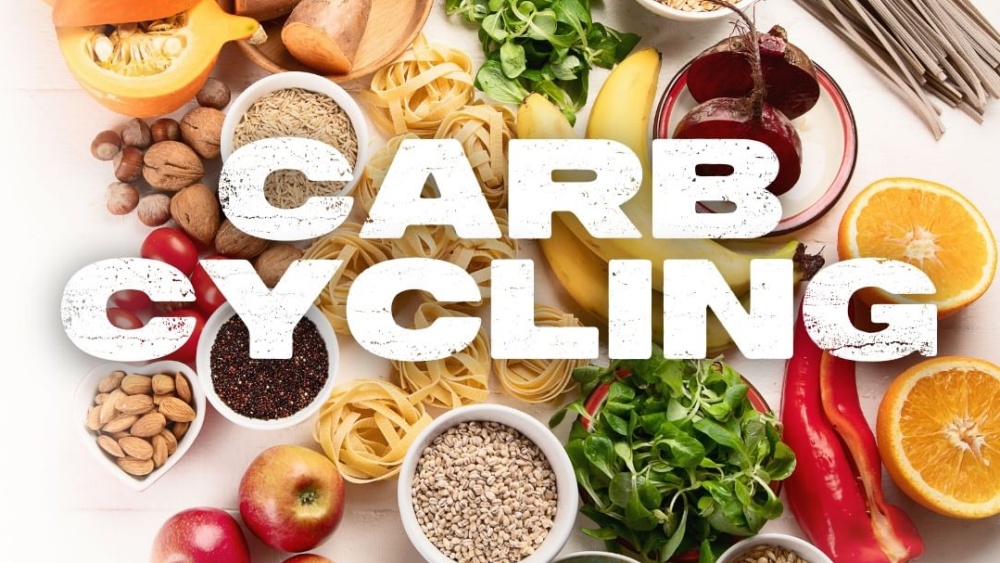A well-balanced diet is crucial for maintaining a healthy lifestyle, and low-calorie foods can play a significant role in helping you achieve your weight loss and fitness goals, especially if you are a martial artist! If you often find yourself feeling hungry between meals, you may be looking for wholesome, nutritious options that can help curb your appetite without packing on extra calories.
What better way to curb your hunger than by eating low-calorie foods that are packed with nutrients and vitamins? Since there are so many vitamins and minerals, you might get overwhelmed and start asking yourself what you need, but fret not, here is a quick breakdown of the different common nutrients and vitamins that are essential:
- Vitamin A: Essential for good vision, immune system function, and cell growth, and it helps organs like the heart, lungs, and kidneys function properly.
- Vitamin B7 (Biotin): Promotes healthy hair, skin, and nails, and plays a key role in metabolism.
- Vitamin C: Powerful antioxidant that can strengthen your body’s natural defences, and is important for the production of collagen, wound healing, and immune function.
- Vitamin D: Crucial for bone health, as it facilitates calcium absorption and ultimately supports immune system function.
- Vitamin E: Powerful antioxidant that protects your cells from damage.
- Vitamin K: Essential for blood clotting and like Vitamin D, it plays a key role in bone health.
- Fiber: Promotes feelings of fullness, which can help manage weight. Aids digestion, helps prevent constipation, and can lower cholesterol levels.
- Protein: Crucial for the growth, development, and repair of tissues and it supports immune function and can aid in weight management by promoting feelings of fullness.
- Calcium: Essential for strong bones and teeth. The body stores more than 99% of its calcium in the bones and teeth to support its structure.
In this article, we will explore 15 low-calorie foods that can help satisfy your hunger pangs while still keeping you on track towards a healthier, happier you.
1) Greek Yogurt
Greek yogurt is a protein-rich, low-calorie food that can help keep you feeling full for longer. It is an excellent source of calcium, which can improve bone health. It also contains probiotics, which support a healthy bacterial balance in the gut.
It is made by straining regular yogurt to remove excess whey, resulting in a thicker, creamier consistency. Choose plain, non-fat Greek yogurt to avoid added sugars and enjoy it with fresh fruit, nuts, or a drizzle of honey for a delicious and satisfying snack.
2) Almonds
Almonds are a nutrient-dense, low-calorie snack that can help curb hunger pangs. They contain healthy fats, fibre, protein, and magnesium, which can contribute to a feeling of fullness. Almonds prevent many of the risk factors of heart diseases such as high blood pressure, elevated levels of bad cholesterol and accumulation of visceral fats.
Just a handful of almonds can provide a satisfying crunch and help stave off hunger. Be mindful of portion sizes, as almonds are calorie-dense, and overindulging can quickly add up.
3) Popcorn
Air-popped popcorn is a low-calorie, high-fibre snack that can help satisfy your cravings for something crunchy. It is packed with antioxidants, which are linked to better blood circulation and digestive health, and contains only about 30 calories per cup, making it an excellent choice for guilt-free snacking. Be sure to avoid butter and excessive salt, which can quickly negate the health benefits of this whole-grain snack.
4) Cucumber
Cucumber is a hydrating, low-calorie food that can simultaneously help quench your thirst and hunger. Cucumbers are also packed with vitamins A and K, and with 95% water content and only 13 calories per 100 grams, they are a perfect snack for those looking to stay full without consuming many calories.
Studies have shown that a regular intake of cucumber has been found to decrease bad cholesterol and blood sugar levels. You can enjoy them sliced with a sprinkle of salt, dipped in hummus, or added to a salad.
5) Celery
Celery is another low-calorie, high-water-content food that can help curb your hunger pangs. It contains just 14 calories per 100 grams, and its high fibre content can contribute to a feeling of fullness.
Packed with antioxidants and vitamins such as flavonoids and vitamin C, this is a snack that can boost both short-term and long-term health. Munch on celery sticks plain, with a bit of peanut butter, or dipped in a low-calorie dressing for a refreshing and satisfying snack.
6) Bell Peppers
Bell peppers are colourful, low-calorie vegetables rich in antioxidant vitamins such as vitamins C and E, and minerals such as potassium and fiber. They contain only about 20 calories per 100 grams and are an excellent source of folate, which can help boost your immune system.
Folate is the natural form of vitamin B9 and is sold as a supplement in the form of folic acid. Enjoy bell peppers raw, stuffed with a healthy filling, or roasted in the oven for a versatile and satisfying snack.
7) Edamame
Edamame, or young soybeans, is a delicious, low-calorie snack packed with protein and fibre. Edamame is known to be a superfood as it is rich in nutrients and omega-3 fatty acids. It also contains choline, a nutrient similar to B vitamins.
One cup of cooked edamame contains around 190 calories, 17 grams of protein, and 8 grams of fibre. This makes it an excellent option for those looking to fill up on a nutritious, plant-based snack. Enjoy edamame steamed and sprinkled with a bit of sea salt.
8) Cottage Cheese
Cottage cheese is a versatile, low-calorie food that can help you feel fuller for longer. It is an excellent source of protein and calcium, with about 100 calories per half-cup serving.
Cottage cheese is known to reduce inflammation, and managing inflammation is key for reducing the risks of developing diseases like type 2 diabetes and cardiovascular diseases. Enjoy cottage cheese on its own, mixed with fruit or vegetables, or as a spread on whole-grain crackers.
9) Watermelon
Watermelon is a hydrating, low-calorie fruit that can help satisfy your sweet tooth without breaking the calorie bank. With 92% water content and only 30 calories per 100 grams, watermelon is a refreshing and guilt-free choice for a summer snack.
The nutrients found in watermelon such as potassium, vitamin C and magnesium have shown that it can help reduce muscle soreness, manage weight, aid digestion, and protect your skin. Enjoy it sliced, in a fruit salad, or blended into a smoothie for a naturally sweet treat.
10) Grapefruit
Grapefruit is another low-calorie fruit that can help keep hunger pangs at bay. It contains only 42 calories per 100 grams and is rich in vitamin C, B6 and fibre. Vitamin B6, also known as Pyridoxine, helps support brain development and function.
Consuming half a grapefruit before a meal may even promote weight loss by reducing overall calorie intake. Enjoy grapefruit on its own, with a sprinkle of sugar or honey, or added to a salad for a zesty kick.
11) Zucchini
Zucchini, also known as courgette, is a low-calorie, nutrient-rich vegetable that can be enjoyed in various ways. It contains only 17 calories per 100 grams and is an excellent source of vitamins and minerals, including potassium and vitamin A.
Potassium is a vital nutrient which is important for maintaining proper heart and muscle function. Use zucchini in place of pasta for a lighter meal or add it to stir-fries, salads, or baked dishes for a healthy and satisfying addition.
12) Cauliflower
Cauliflower is a versatile, low-calorie vegetable that can be used as a substitute for higher-calorie ingredients in many dishes. It is fat-free and cholesterol-free, and it’s low in sodium, with only 25 calories per 100 grams, cauliflower is an excellent source of fibre, vitamins, and minerals.
Try using cauliflower rice in place of traditional rice or make a cauliflower crust pizza for a healthier and lower-calorie alternative.
13) Kale
Kale is a nutrient powerhouse that packs a punch without piling on the calories. With only 33 calories per 100 grams, kale contains fibre, antioxidants, calcium, vitamins C and K, iron, and a wide range of other nutrients that can help prevent various health problems.
Enjoy kale in a salad, sautéed with garlic and olive oil, or baked into crispy kale chips for a satisfying and healthy snack.
14) Shirataki Noodles
Shirataki noodles are a low-calorie, low-carb alternative to traditional pasta. Made from the root of the konjac plant, these translucent noodles contain only about 10 calories per 100 grams.
They are mostly composed of water and a soluble fibre called glucomannan, which can help promote feelings of fullness. Use shirataki noodles in place of pasta in your favourite dishes for a lighter, lower-calorie
15) Chia Seeds
Chia seeds are tiny, nutrient-dense powerhouses that can help keep you feeling full without loading up on calories. They contain only 139 calories per tablespoon (15 grams) and are an excellent source of fibre, protein, and healthy omega-3 fatty acids.
When mixed with liquid, chia seeds expand and form a gel-like substance, which can contribute to a feeling of fullness. Add chia seeds to smoothies, yogurt, or oatmeal, or use them to make a chia seed pudding for a satisfying and healthy snack.
Incorporating low-calorie foods into your diet can help satisfy your hunger pangs while still allowing you to maintain a healthy lifestyle. You can effectively curb your appetite and prevent overeating by choosing nutrient-dense, high-fibre options like the 15 foods listed above. Remember that moderation is key, and always consult with a healthcare professional or registered dietitian before making significant changes to your diet.
With proper advice and research, you can now enjoy these delicious, low-calorie options and say goodbye to hunger pangs without compromising your health and well-being.
You may also like:
















